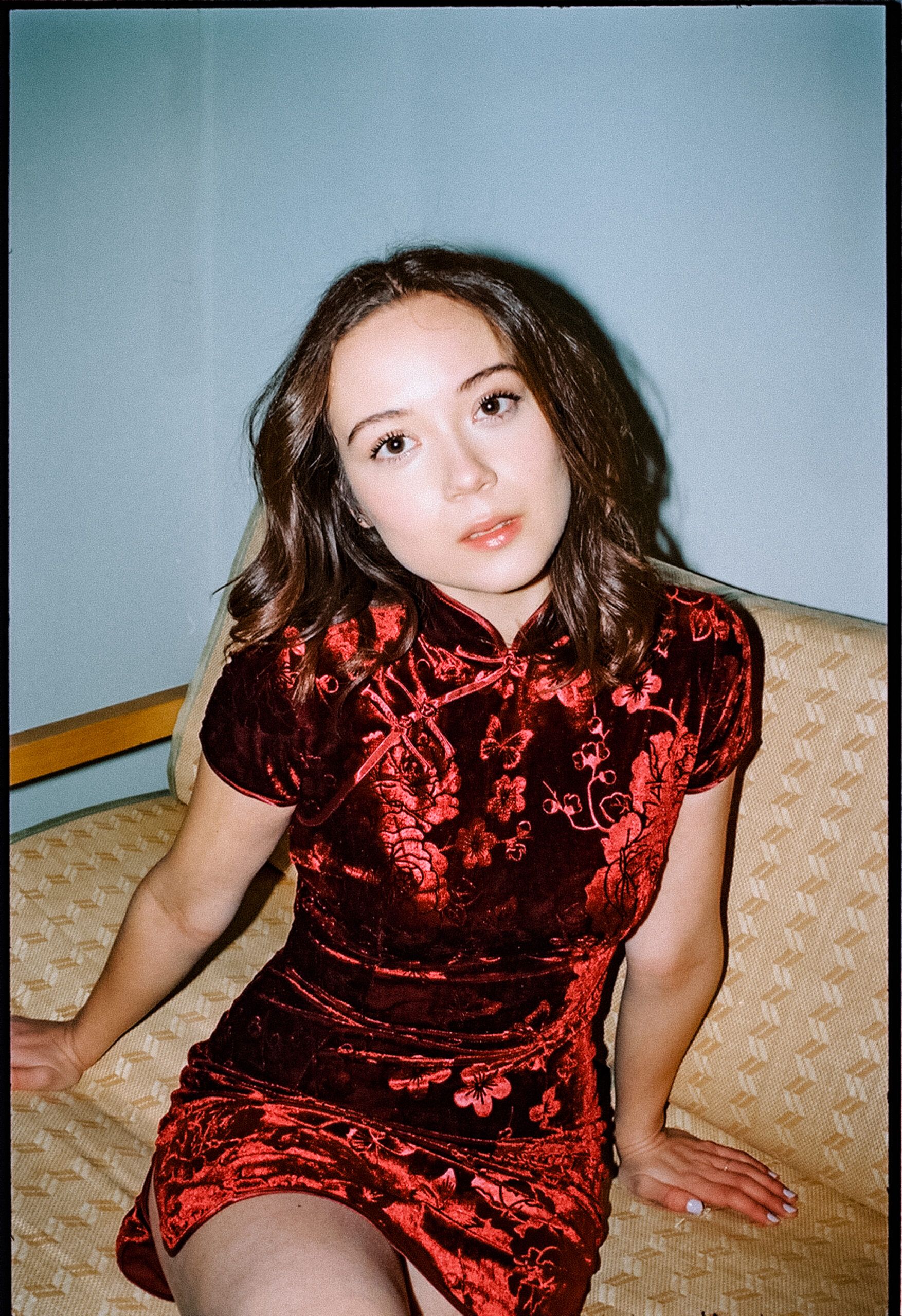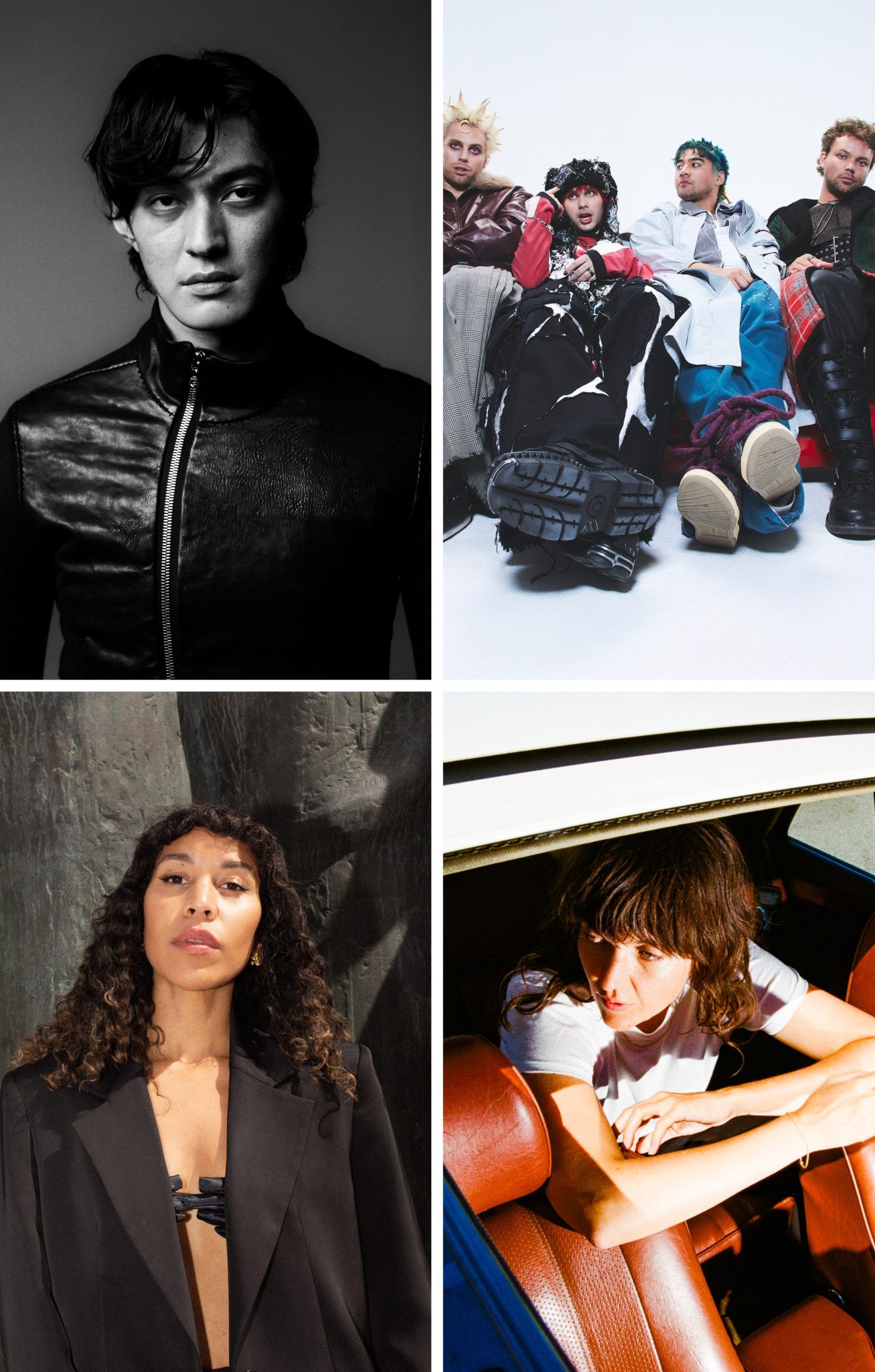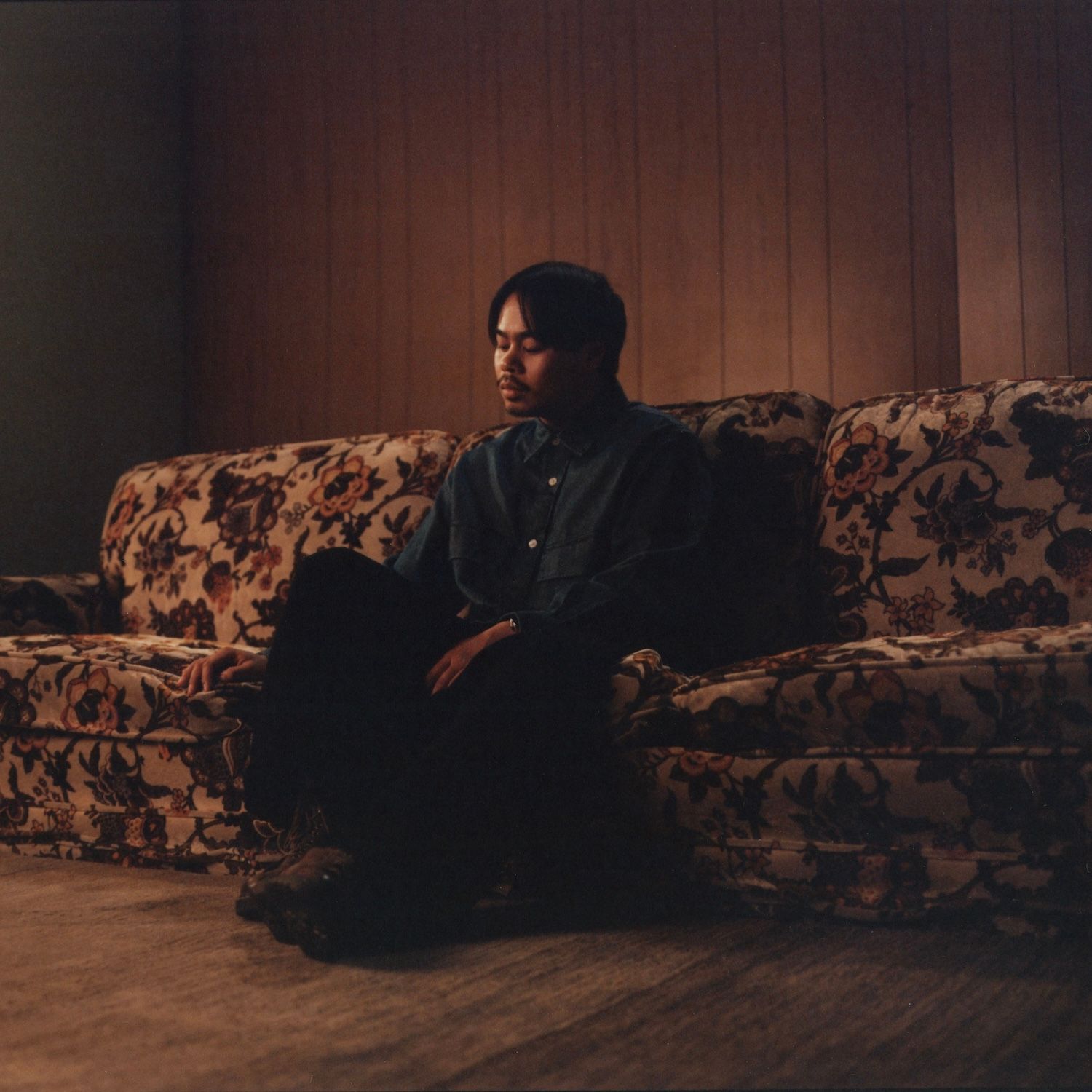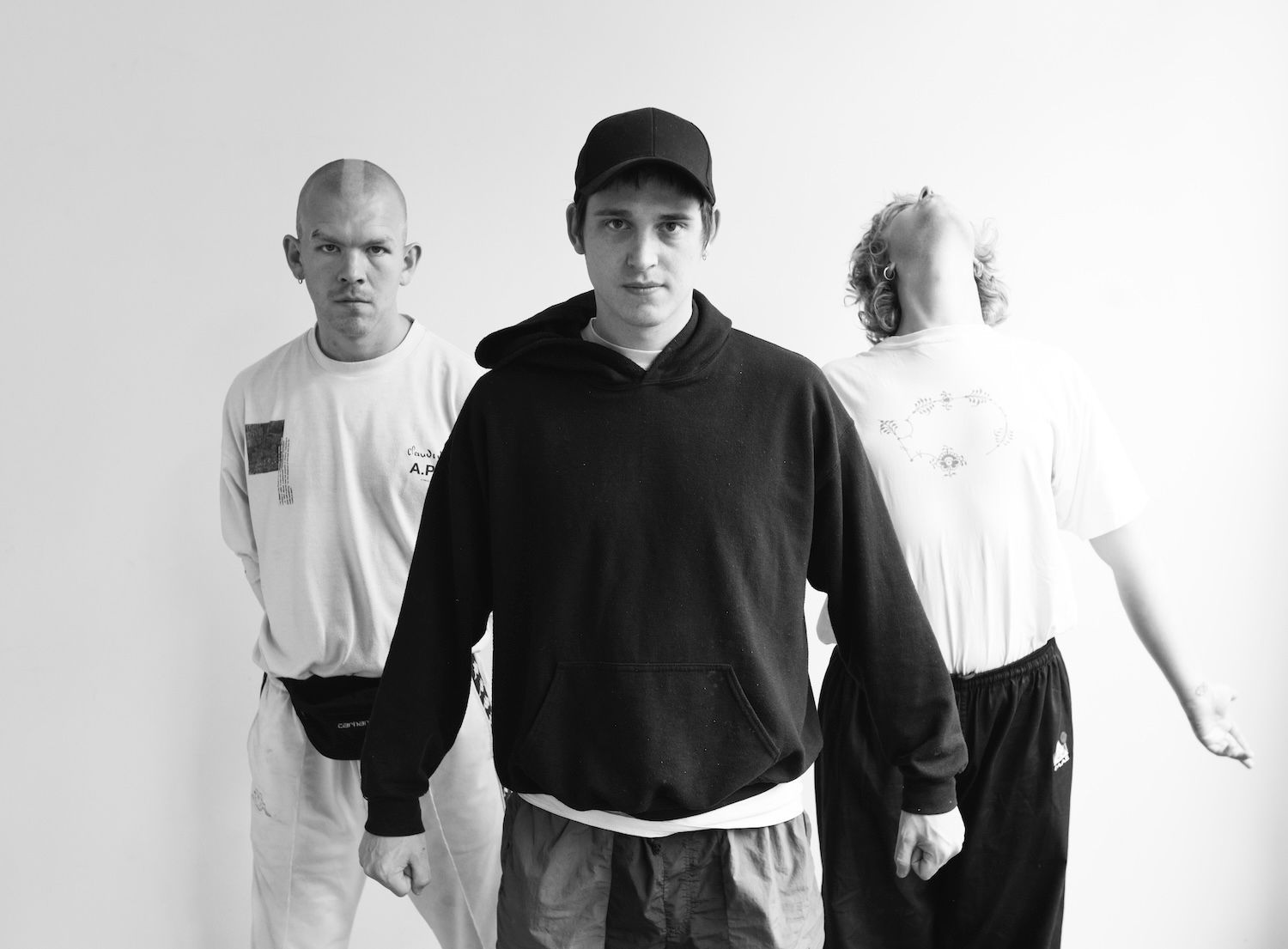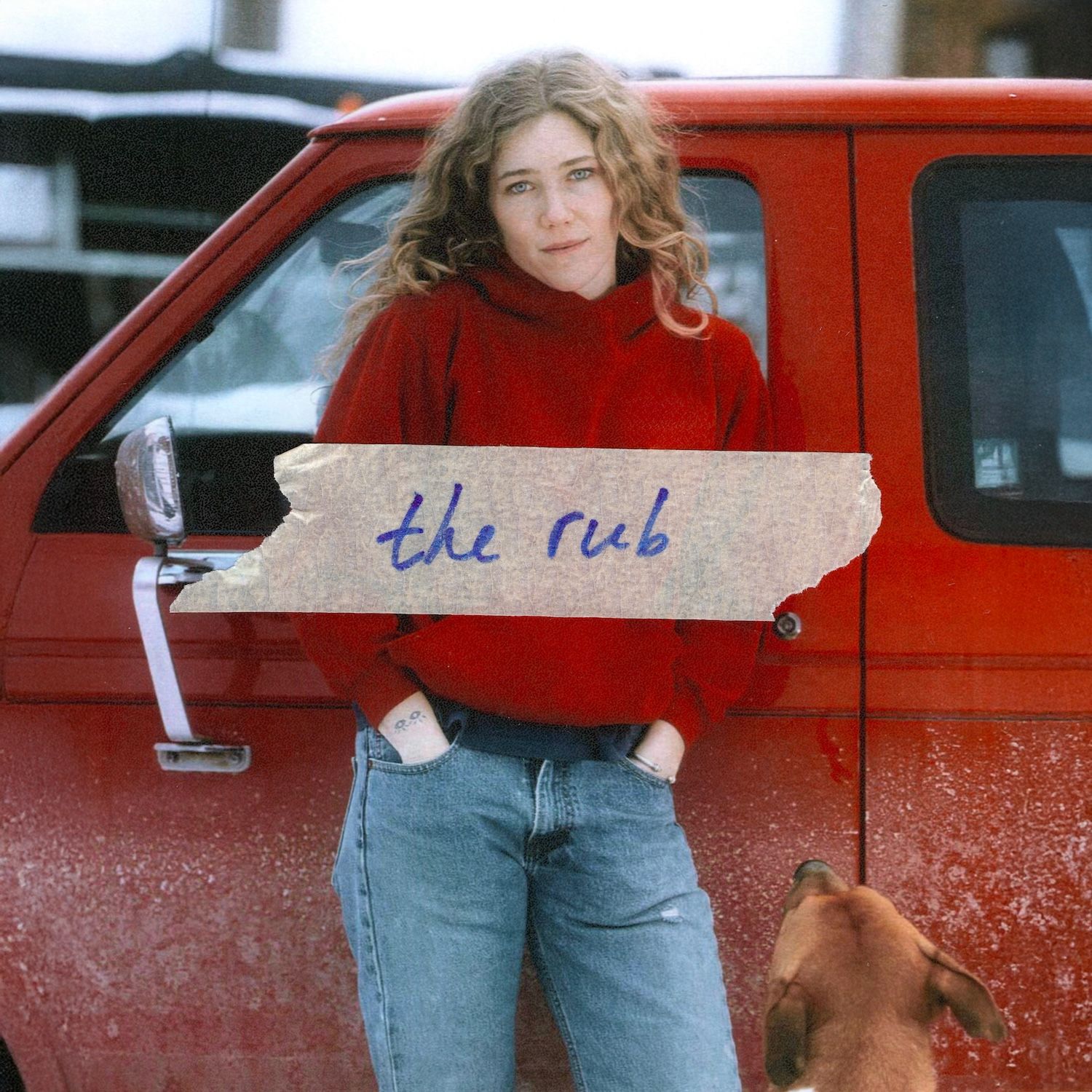On a mission to make jazz more accessible to gen z, Icelandic Chinese artist Laufey has curated a sound that is ushering the genre into a more modern era.
Best exampled by her track “Best Friend”, her lyricism is intentionally youthful with the singer’s music itself incorporating a range of layered melodies and more programmed soundscapes, aided by the production of partner in passion Davin Kingston; a fellow Berklee alumnus who lived in the dorm beside her. Brought together by fate the two first worked together on the track “Street By Street”, which was written and recorded in just 24 hours on the day before their campus closed due to lockdown. This would become the song which Laufey would go on to attribute to changing her life and the birth of Typical of Me itself. Holding her debut EP close to her a heart, it is as a time capsule for who she was in university, encapsulating the messy thoughts of a 21-year-old.
Graduating from the music college earlier this year and looking to the future, the burgeoning jazz artist expressed the desire to explore a creation process that included more live instruments, perhaps a direction for her next musical endeavour. While Laufey remained tight-lipped about what exactly that would be, she was very forthcoming about her inspirations and the experiences that have informed her career so far, which is where our conversation began.
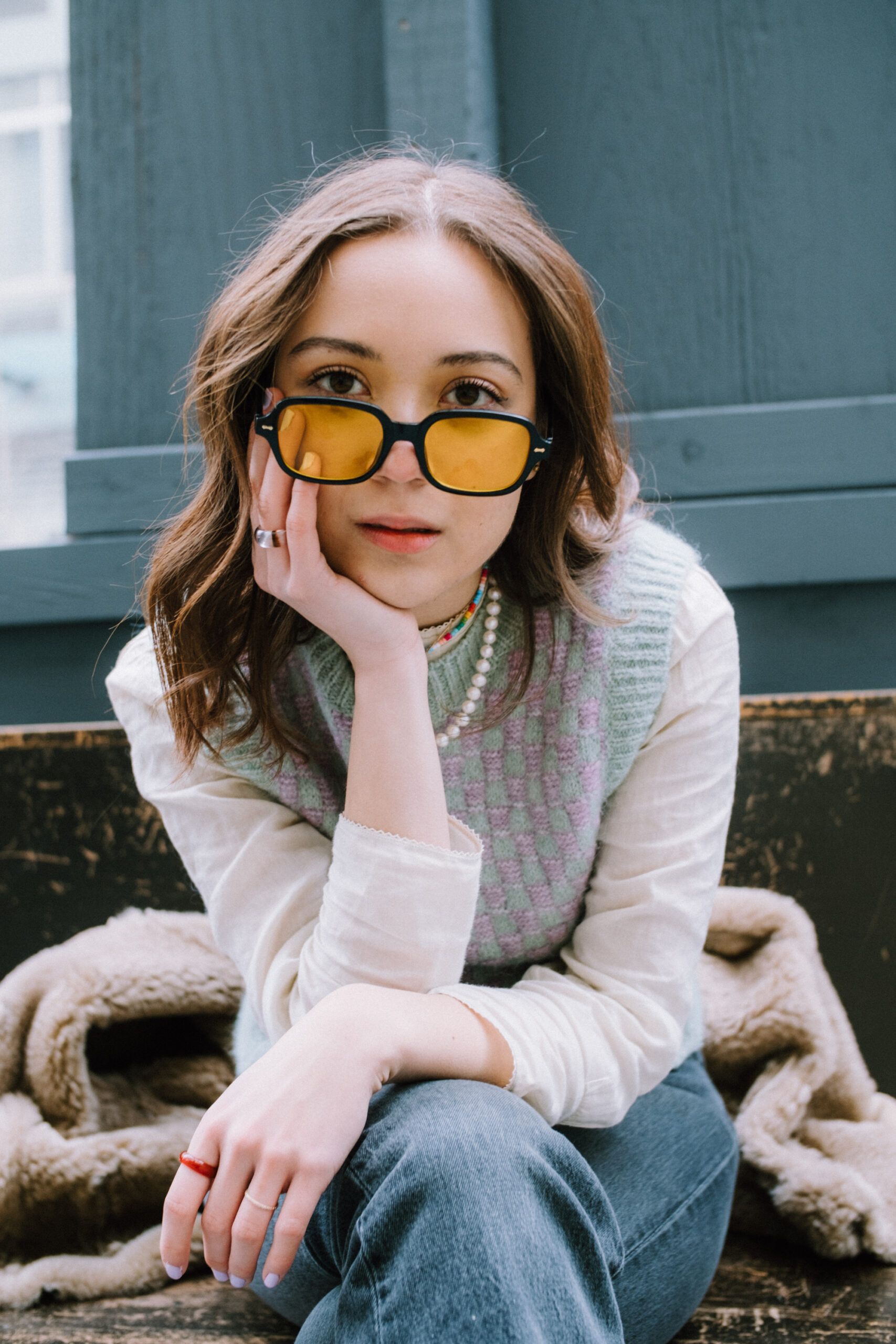
Are you aware that you share a name with a marvel supervillain?
I am very aware of that.
(laughs) Was that an intentional?
No, absolutely not. I would like to think that Marvel has taken my name rather than the other way around. The things is…Marvel actually got it wrong because Laufey in Norse mythology is the mother of Loki and it’s a female name.
And I think Marvel made Laufey the father of Loki?
Yeah. They made Laufey the father and this blue ugly frost giant. So, I have beef with Marvel.
Were you into comics as a kid?
No I wasn’t, but Laufey is a pretty common name in Iceland which is where I grew up.
Speaking of that time in your life, which childhood memories would you say shaped you as a musician?
I think all of the songs I write come from stories and things I’ve experienced growing up especially the musical inspirations which are just the memories of that. Sitting in the back seat of my parent’s car listening to classical music in the rain. Those are the memories that have shaped me so much.
You mention your parents and the impact they’ve had. How did they take it when you made the decision to pursue music as a career?
It was a strange kind of road. I grew up playing classical music and it was always everyone’s understanding that I would just simply do music. My mother is a classical violinist, lots of musicians in family, so it wasn’t too jarring that I should go into music. When it came to going to uni, I was thinking about going to a traditional Uni and it was actually my mother who said, “You have this passion you have to pursue it, don’t be scared”. So, I went off to Berklee and things naturally progressed from there. My parents believed it more than I did!
Do you think having that kind of support makes a difference?
Absolutely! My parents are like my biggest support. I overthink a lot and I’ve always been scared of not having a safety net and they’ve provided that for me mentally which has been really helpful.
My mother especially practicing with me every single day from when I was four. I really do owe everything to them.
I know that your training was initially classical based, so how did you make the transition from that into the jazz world?
My father loves jazz and growing up he would play these Ella Fitzgerald and Billie Holiday records and I could kind of hear my voice in them rather than with the pop singers I had heard who had more high-pitched voices. The jazz singers had these muskier lower pitched voices. Then there were these beautiful string arrangements in many of them, which were like this middle ground between contemporary and classical music. I just fell in love with the harmonies melodies and all the films that many of the songs came from. It all kind of tied into this genre that I just became obsessed with. I guess I just started singing jazz with that and once I got to university, I started learning more about jazz theory and contemporary theory and transitioned there.
What was it about pop that made you say ‘nope, this is not for me’?
I don’t reject it at all, it’s just that when I sang it, it didn’t feel right. I thought I just sounded strange. That being said, I love pop and still listen to a lot of pop. When I sing pop, it just doesn’t feel like me.
Something else I wanted to talk about is your cultural heritage, which I think is very beautiful and unique. How would you say it’s informed your art if at all?
This is kind of indirect but growing up in so many different countries around so many different cultures I’ve always felt like a foreigner wherever I go which I think has given me a unique perspective on life and just as a person in general and has kind of been one of the reasons that I turned to music so much growing up. The discipline and the focus I’ve managed to put into my musical training have all come from Chinese values.
With that all being said, do you feel a sense of duty to be a source of representation for the Chinese and Icelandic communities?
Absolutely, especially for the Asian community provided that it’s as an Asian that has grown up outside of Asia. Growing up I didn’t have any Chinese or Asian role models in music. There were a lot of classical musicians, but I never saw any in the contemporary world, especially not women who were using their own voices and writing songs about their own experiences. So, I truly love being someone that younger Chinese and Asian girls can look up to. That means so much to me.
Does that create any additional pressure for you, being so young yourself?
Not really. It’s usually younger women that reach out so that’s been alright. The nature of the music I do is very old school which is why I love that my audience is on the younger side because my goal is to take jazz music and classical music and genres that are bit scary for younger people to approach and make them fun. They’ve been so gatekept. If you think of who goes to the symphony, it’s typically older wealthy people and I just want to make it for everyone.
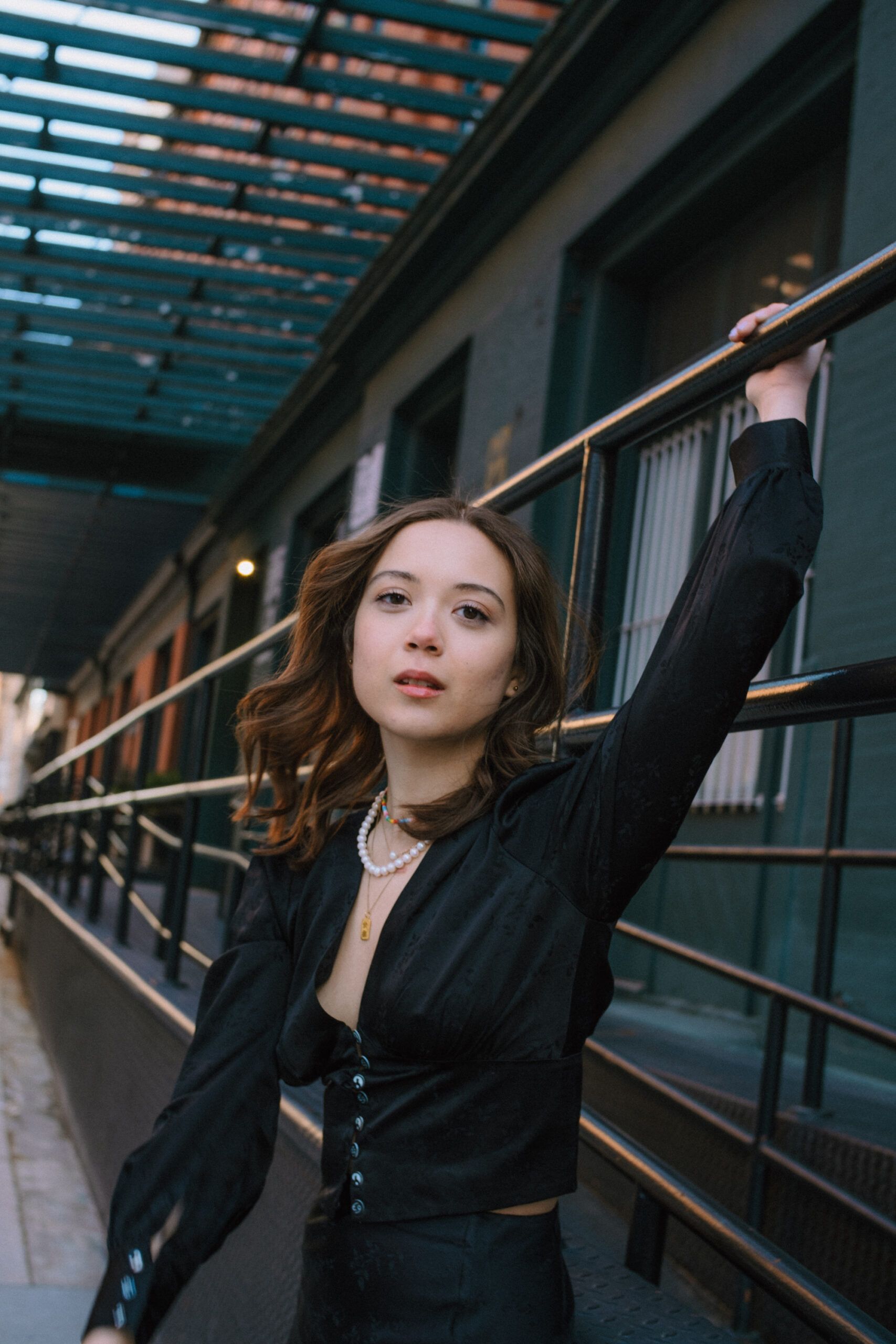
Where do you think that disconnect stems from, in terms of people being able to access the jazz world?
I’m not entirely sure. It’s not tied into pop culture very much so naturally I think a younger audience will always lean towards what’s new and what’s now. But I think it’s also this idea of being only for a certain subset of society or that it’s pretentious or elitist in some way. I think a lot of people don’t want to say the wrong thing or listen to the wrong thing in fear of being judged in some way. So I just want to tie it in to pop culture, I guess.
Tell me more about Happy harmonies and how the show came about.
A producer from the BBC reached out to me and said “we’d love to work on something with you” which was probably the biggest surprise of my life. Growing up listening to BBC 3 in the car, it was so wild to me. I am so deeply honoured and excited that it’s giving me this opportunity to do exactly what I’ve been talking about. Taking classical and jazz music and presenting it to a younger audience, tying it in with pop music and finding these similar aspects of different genres, a lot of which can be found in harmonies.
I bet it was pretty weird being on the other side of things?
Well, it’s so cool because sometimes I get to put some of my own music into it. All of the music I put on there is stuff that inspires my music directly so inputting my own music there I hope people can kind of see where my inspirations come from and draw inspiration from it themselves.
What’s something the experience has taught you that you didn’t expect?
Interestingly enough everything has harmony in it. The idea of the show is that everything should have some sort of vocal harmony in it. That hasn’t been a roadblock in any way in curating the songs because there’s just always harmony in everything which I think is really beautiful. Harmony is a great way of bringing people together. It transcends cultures and genre. It’s something that’s in the oldest of the classical music that I’m finding and then in music coming from different regions in Africa and south America or Finland. Genuinely [within] any country or any era it’s something that’s truly common and I was kind of surprised to find that out.
Let’s get into your EP. The standout track for me was “Magnolia” which was so delicate and pure. What inspired it?
I think growing up a girl, you kind of always have this thought that there’s this other girl more perfect than you. I wrote [the song] when I was in London last summer. I was sitting in my room, and I was having a down evening, thinking this other girl is so perfect I wish I was her. Then I kind of got to thinking, she’s probably thinking the same thing about another girl or person. And I thought, we are just a chain of people envious of the next person. Then I thought I would just write a love letter to all of us. I have so many beautiful friends that don’t know how beautiful they are, and I just wanted to write that into a song.
Do you think social media contributes to the way we all feel about that?
(laughs) absolutely! Its unnatural the number of hours we spend looking at other people. Looking at how they look, how they dress, where they’re travelling to. I am a complete victim to that. I spend hours on social media every day and it’s hard to find a balance. During lockdown, a musician’s job is almost entirely on social media.
Finally, now that your you EP is out in the world what’s next for you?
That’s a good question. Well, I just moved out to LA, so I did that move…classic! I’ve been in and out of sessions here, collaborating with new artists and producers which has been really fun and I’m learning a lot. The EP just came out so I’m not too pressured to get anything out immediately. I’m really ready to develop as an artist. That being said I have a lot of songs that I really want to record soon and release and I know my fans are really eager to hear it. I am kind of allowing myself this time coming out of lockdown to truly experience being an artist in a non-lockdown setting. I am going on my first tour ever in the fall which is so surreal.
Can you share any details about the tour?
I am opening up for Alexander 23 playing in Philadelphia, Boston, Montreal and Toronto and I am playing Iceland Airwaves in November. That will be my first show at home which is very exciting.
That’s a big deal, how are you feeling about that?
First of all, I’m excited to go home because I haven’t been back since last summer and so much has happened since. My friends have been sending me videos of them hearing my song on the radio and stuff. I’m excited to experience Iceland as the artist I’ve become.
Interview by Ray Sang
Photography by Blythe Thomas
Typical Of Me is out now. Listen to the EP below. Follow Laufey @laufey

